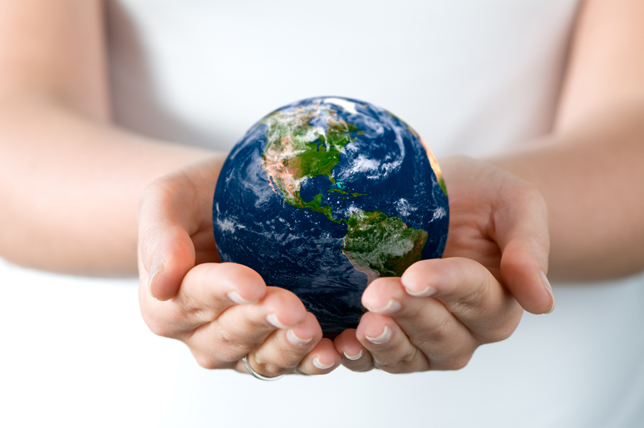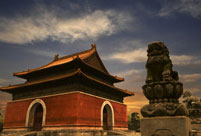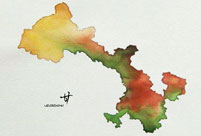 The Western Qing Mausoleum
The Western Qing Mausoleum
 Avant-garde approach to graduation photos
Avant-garde approach to graduation photos
 Early PLA posters, signatures of an era
Early PLA posters, signatures of an era
 First Russian Street in Tianjin open to public
First Russian Street in Tianjin open to public
 Motorcycle stunt on the Bund
Motorcycle stunt on the Bund
 French Spiderman Alain Robert climbs up Galaxy Hotel in Macao
French Spiderman Alain Robert climbs up Galaxy Hotel in Macao
 Africans in Guangzhou
Africans in Guangzhou
 Pole dancer shows strength and beauty up in the air
Pole dancer shows strength and beauty up in the air
 Top 10 celebrities driving auto brands
Top 10 celebrities driving auto brands
 10 low-carbon tips to save money
10 low-carbon tips to save money
BEIJING, May 4 -- Chinese Premier Li Keqiang left Beijing on Sunday for Ethiopia, the first leg of his four-country Africa tour.
The following are some basic facts about Ethiopia:
Located in Eastern Africa, Ethiopia is bordered by Djibouti and Somalia to the east, Sudan and South Sudan to the west, Kenya to the south and Eritrea to the north.
The landlocked country, with its capital in Addis Ababa, has a total area of 1,103,600 sq km. Its climate type is predominantly tropical monsoon but it varies greatly depending on topography.
Some 91 million people from more than 80 ethnic groups live in Ethiopia. Most of its people are followers of Islam and Ethiopian Orthodox.
Its national language is Amharic and English is commonly used. Other local languages include Oromo, Tigrinya, among others.
Ethiopia's poverty-stricken economy is based on agriculture, accounting for roughly half of its gross domestic product (GDP).
The country has rich water resource, but less than five percent of it has been effectively used. Ethiopia is abundant in minerals such as gold, platinum, nickel, copper, iron as well as coal, oil and natural gas.
The government has increased investment on agricultural production, and efforts have been made to shore up exports and attract foreign investments in recent years.
Since China and Ethiopia forged diplomatic ties on Nov. 24, 1970, the two countries have maintained good relations. In recent years, bilateral ties have kept a momentum for sound and sustained development, with exchanges of high-level visits, political mutual trust and cooperation in various fields markedly increased.
In 2013, trade between the two countries reached 2.18 billion U.S. dollars.
 The Western Qing Mausoleum
The Western Qing Mausoleum Overseas returnees strive for dreams in Beijing
Overseas returnees strive for dreams in Beijing Fried up: Chili pork bonanza in Central China
Fried up: Chili pork bonanza in Central China Hand-painted maps go viral online
Hand-painted maps go viral online 4th Beijing Int'l Film Festival ends
4th Beijing Int'l Film Festival ends Commando elite specializes in sign language
Commando elite specializes in sign language Man photoshops himself into girlfriend's childhood photos
Man photoshops himself into girlfriend's childhood photos Photo story: Stallholders at Beijing Zoo Wholesale Market
Photo story: Stallholders at Beijing Zoo Wholesale Market Artists on backstage
Artists on backstage 'African Street' in Guangzhou
'African Street' in Guangzhou Special operation members in comprehensive training
Special operation members in comprehensive training Cute Shaolin boy melts the hearts of millions
Cute Shaolin boy melts the hearts of millions Giant panda Sijia is back to happy life
Giant panda Sijia is back to happy life Richest Chinese of 2014: half from the mainland
Richest Chinese of 2014: half from the mainland Chengdu - laid-back lifestyle makes happiest city
Chengdu - laid-back lifestyle makes happiest cityDay|Week|Month